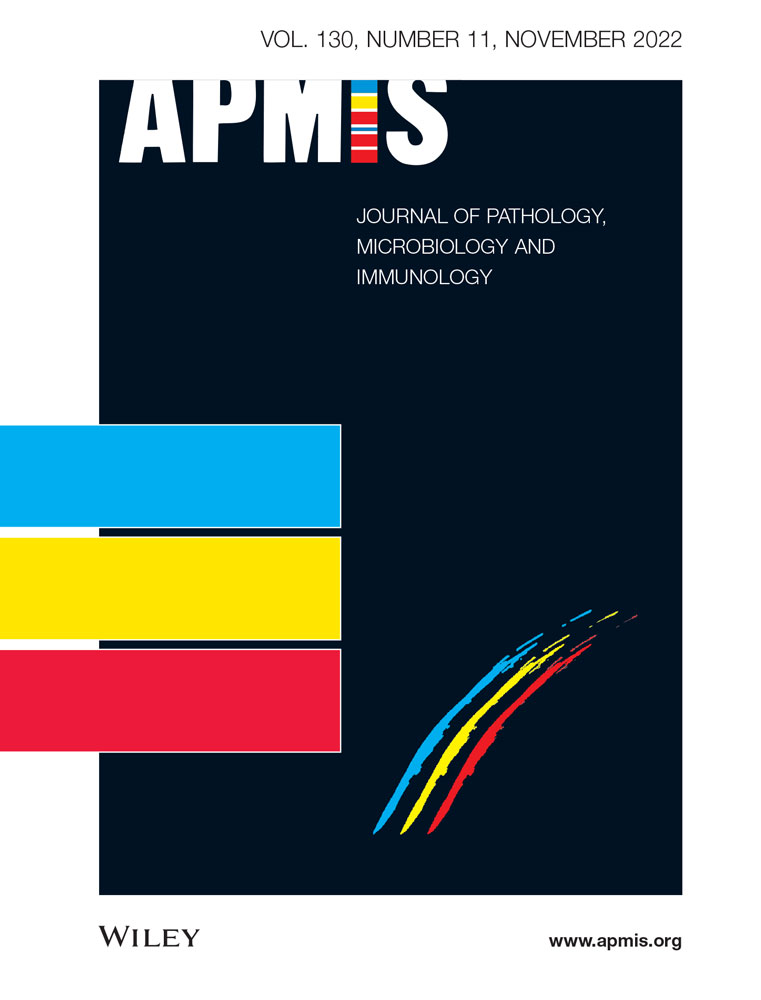Human lung vascular endothelium may limit viral replication and recover in time upon the infection with rhinovirus HRV16
Abstract
Vascular endothelium is a semi-permeable barrier that regulates the flow of nutrients, ions, cytokines and immune cells between blood and tissues. Barrier properties of endothelium, its ability to regenerate and the potential for secretion of inflammatory mediators play a crucial role in maintaining local tissue homeostasis. The lung vascular endothelial cells were shown to be infected by human rhinovirus (HRV) and generate antiviral, inflammatory and cytopathic responses. The current study reveals that in the long-time manner, the lung vascular endothelium may efficiently limit the HRV replication via the IFN-dependent 2′-5′-oligoadenylate synthetase 1 activation. This leads to the restoration of integrity accompanied by the up-regulation of adherens and tight junctions, increase of metabolic activity and proliferation rate. Secondly, HRV16-infected cells show delayed and transient up-regulation of the expression of vascular endothelial growth factor (VEGF), fibroblast growth factor, angiopoietin 1 and 2, and neuropilin-1, as well as VEGF receptors. The lung vascular endothelium infected with HRV may limit the infection, recover in time, and regain barrier properties and metabolic functions, thus leading to the restoration of integrated barrier tissue.
CONFLICT OF INTEREST
The authors declare no conflict of interest.




